The world of technology is increasingly exciting and fluid, with novelties always ready to be proposed and baked, but above all able to amaze us with their degree of interaction with reality. And nothing more precisely than VR can give us this satisfaction, considering the recent ones applications ever more numerous of this field of technology with the healthcare sector. He knows it well Elio Salvadori and his team at Meeva, a startup founded with the intention of specifically helping autistic people, proposing interaction solutions in VR. To better understand what it is, we interviewed Elio, co-founder and member of the board team, discovering all the details of this all-Italian project.
When VR reinterprets reality: the interview with Elio Salvadori, co-founder of Meeva
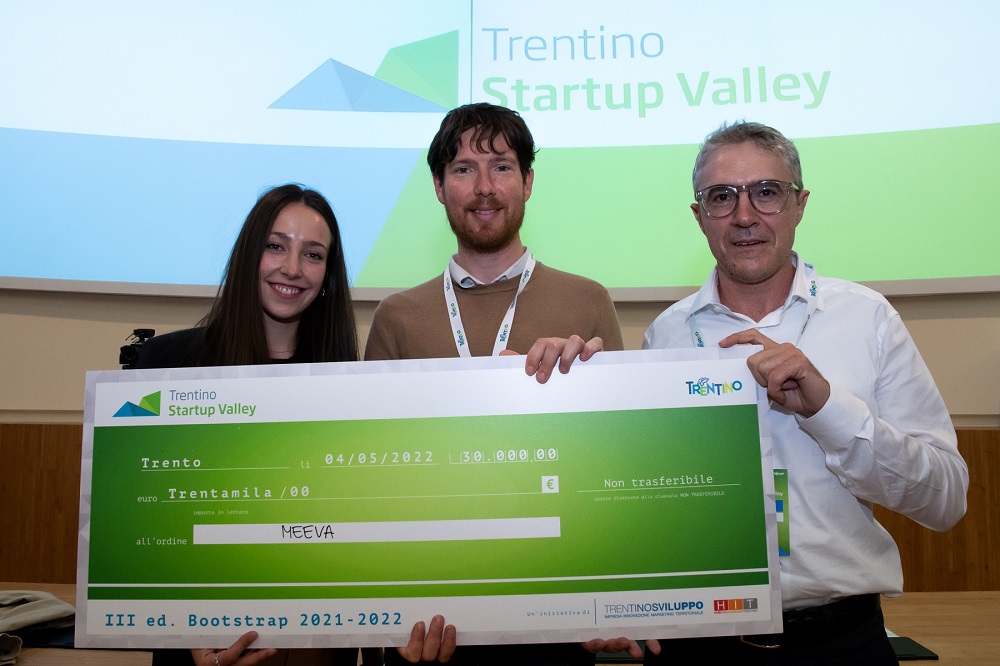
How was Meeva born?
Meeva’s idea was born right away during the recent pandemic-related lock-down periods. In a specific historical moment in which access to services was virtually impossible for all children and their families, the challenge was find an innovative system able to guarantee the continuity of these courses for the youngsters, allowing them to use them even remotely. Numerous scientific studies reported how the use of virtual reality (VR) and collaborative 3D video games they had proved themselves effective in improving social skills of autistic individuals.
Amazon Prime: 30 days free, Try it now!
On the market though there were no mature products yet that leverage this combination of technologies. Meeva has made a video game in VR with therapeutic purposes whose objective is to allow the Centers to better scale the number of children reached at a geographical level, while reducing costs on the part of families, who usually turn to specialist Centers with psycho-educational courses in presence, individually or in groups, to improve their social and emotional skills.
However, due to the low density of the Centres, access to these services is often complex and these young people and their families have to undertake long journeys with considerable costs in terms of time and transport to reach the Centres. Furthermore, I am particularly sensitive to the theme as father of a young boy diagnosed on the autism spectrum in 2019besides that senior researcher at Bruno Kessler Foundation in Trento.
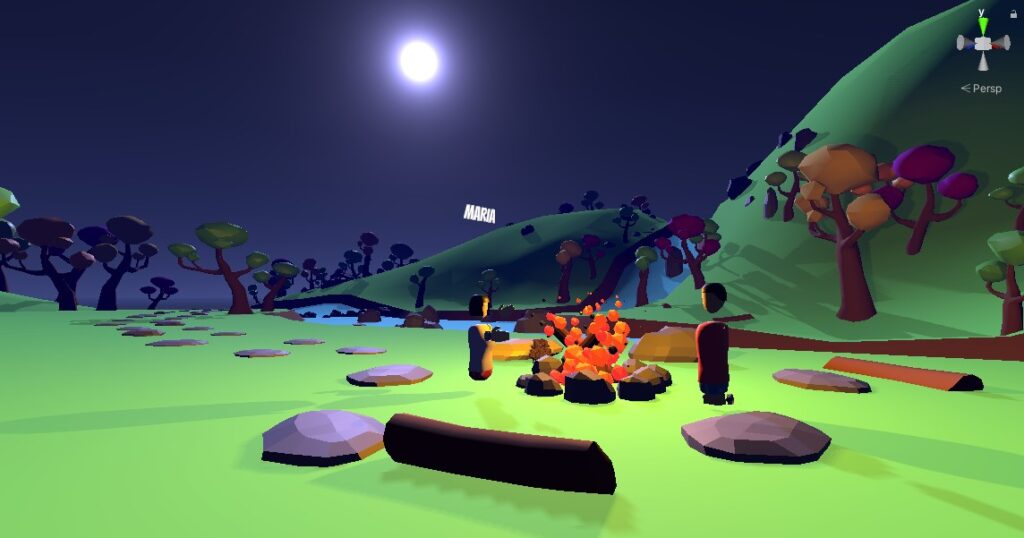
Finally a funded by EIT Digital it allowed us to create a first functional prototype on which we carried out a series of pre-clinical trials between the end of 2022 and the beginning of 2023; with two other co-founding partners, Marco Dianti (developer and my colleague at FBK) e Melanie Cristofolini (clinical psychologist and research fellow at the University of Trento) we then registered Meeva Srl Società Benefit (FBK spinoff) with the aim of marketing this solution on the market.
You have claimed that some multiplayer games have been an inspiration for your project: which ones are you referring to in particular?
Minecraft has sparked our imagination for sure, especially a project called Autcraft by Stuart Duncan, a web developer who is the parent of an autistic son. Autcraft is a private Minecraft server run by autistic volunteers and parents of autistic kids which features a whitelisting system. The server was designed for let these kids play with others at their favorite game without having to face the risk of bullying e discrimination they encounter on public servers similar to what happens in their daily lives.
From the scientific evidence relating to the improvement of social skills through multiplayer games collaborations and the advantages of virtual reality we conceived our video game. The experience we offer has the ambition to be placed within the so-called “digital therapies”, ie applications with therapeutic purposes performed on smart devices such as smartphones, tablets or VR viewers.
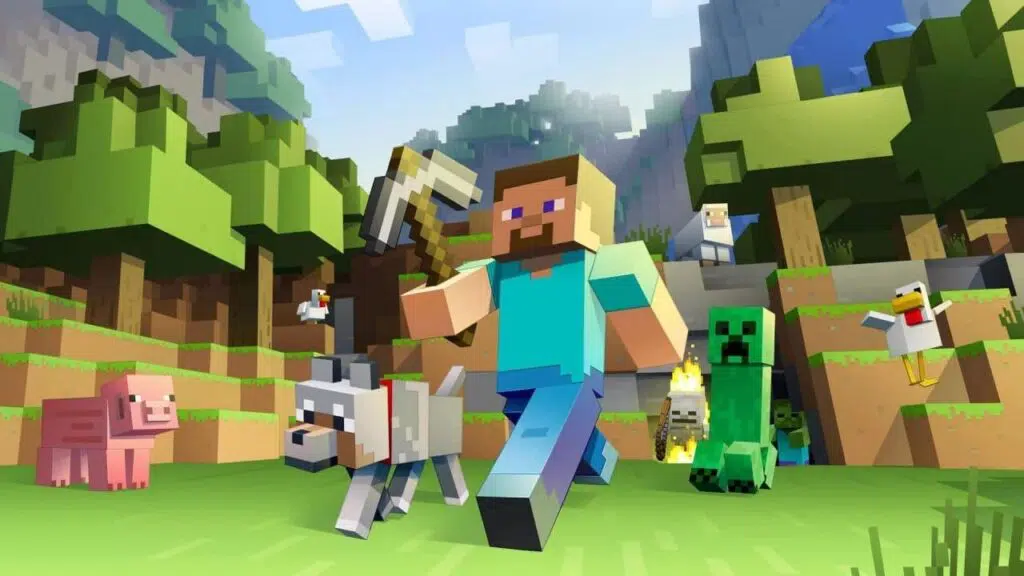
In the first adventure, a group of boys play the role of a team of space explorers, who have to save planet earth from extinction, recovering a precious material on a remote planet, under the constant supervision of a therapist. We are still in testing phasebut we intend to carry out further adventures, to also work on diversified therapeutic objectives that the therapist can choose on the basis of the characteristics of the group of children involved.
We must also take into account that autistic people present some deficits in social communication and are often characterized by presence of narrow interests and some repetitive behaviors.
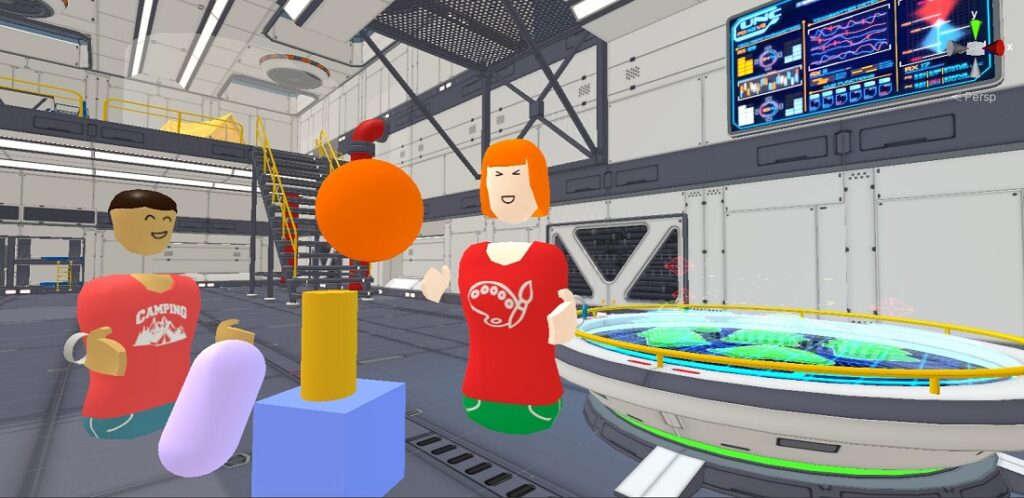
Due to their difficulty in managing social relationships, this condition makes them prone to suffer from social isolation; at a young age, they are at greater risk of bullying, depression and dropping out of school, factors that can limit their independence as adults (according to some statistics, only 20% of them are employed). Even though they respect each other about 600,000 people in Italy (one every 100 in Europe), autism remains a little-known reality.
Amazon Prime: 30 days free, Try it now!
Why was this name chosen?
Actually within some of the pre-acceleration programs that we’ve been in, it’s been pointed out to us that the name would need a rebranding (laughs, ed) to facilitate understanding of our mission as a startup. Meeva was born from a acronym to uniquely identify a project, as often happens in the world of research. The term comes from MEasurable Enhanced Virtual reality for Autisma combination that could convey the desire to create a virtual reality experience, but measurable and specific to the domain.
One of the most interesting aspects related to the use of VR in this area is related to sensoriality; Often autistics suffer sensory imbalances dictated by the impact of sound or light perceived as a source of disturbance and which can impact on their cognitive functioning and on their state of anxiety. Although virtual reality technologies are currently unable to reproduce all five senses, it is also possible to act on the visual and acoustic part gradually exposing the children to these sensory stimuliin order to facilitate the acquisition of strategies that help them to better face certain situations even in their daily reality.
For example, in our adventure we have an episode of buying a travel ticket inside a space station, where not only interaction with a ticket agent is expected. The therapist can suitably modulate background noise of a station or the density of passengers (via non-player characters) typical of this type of places, in order to prepare the kids to better handle these situations in reality.
What milestones have you achieved so far and what are your next goals?
We have already tested our solution with about 50 young people in Italy and Greece and we are about to publish the preliminary results, very encouraging in terms of improvement of social interaction in the children involved. We are also collaborating with three other private centers who are testing the platform with a group of young people they look after. Right now, we are working on the improvement of the prototype thanks to the support of therapists based on the preliminary results obtained in recent trials. With a view to co-creation, we are also very interested in the feedback from kids, especially the older ones with experience in video games. It is important to us that they can influence the development of new adventures through their experience.
In the near future we intend to obtain certification as a “medical device”. Unfortunately, compared to other European countries Italy is lagging behind in the recognition of digital therapies but some progress has recently been made in order to arrive at a recognition of these approaches which pave the way for reimbursement mechanisms by the national health system. Finally, like many startups at this stage of development, we’re in it dealing with fundraising.
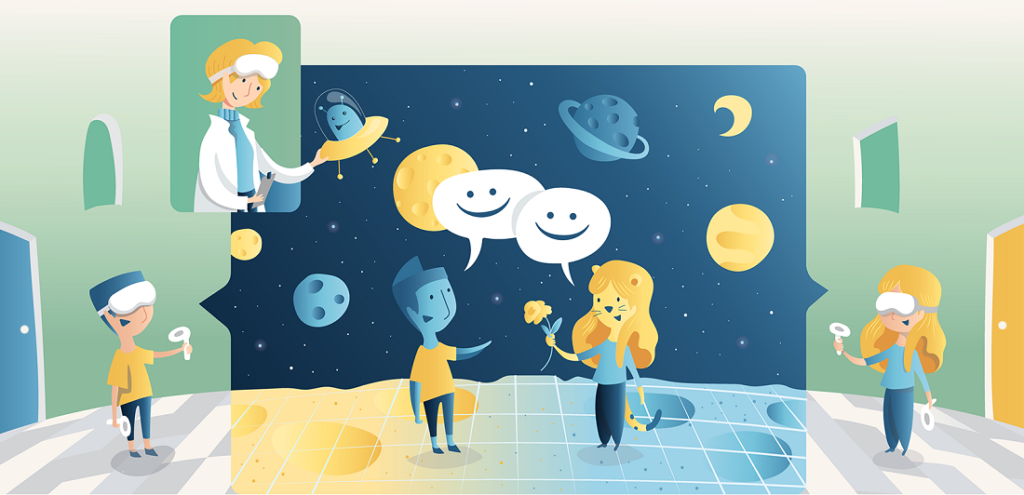
Ideally we would like to be able to work with funds that deal with early stage with social impact. We’d also like to collaborate with Business Angels sensitive to the issues we take care of, perhaps personally involved with autism by parents or relatives of children with these difficulties.
We try to explain to our readers what are the concrete benefits that technology can give to people with autism and more generally with neurodevelopmental disorders.
Neurodevelopmental disorders are a group of neurological disorders affecting the development of the nervous system. They determine a abnormal operation of the brain which can affect emotions, learning ability, self-control and memory. Among the best known disorders are autism, hyperattention disorder and attention deficit disorder (ADHD), learning disabilities (such as dyslexia, dyscalculia, etc), some movement disorders such as Tourette’s syndrome.
In general, the ambition of digital therapies is to “prevent, manage or treat a broad spectrum of physical, mental and behavioral conditions” (defined by Digital Therapeutics Alliance). This for reduce the use of pharmacological therapies. For example, in Germany there are applications on smartphones that allow you to better manage…






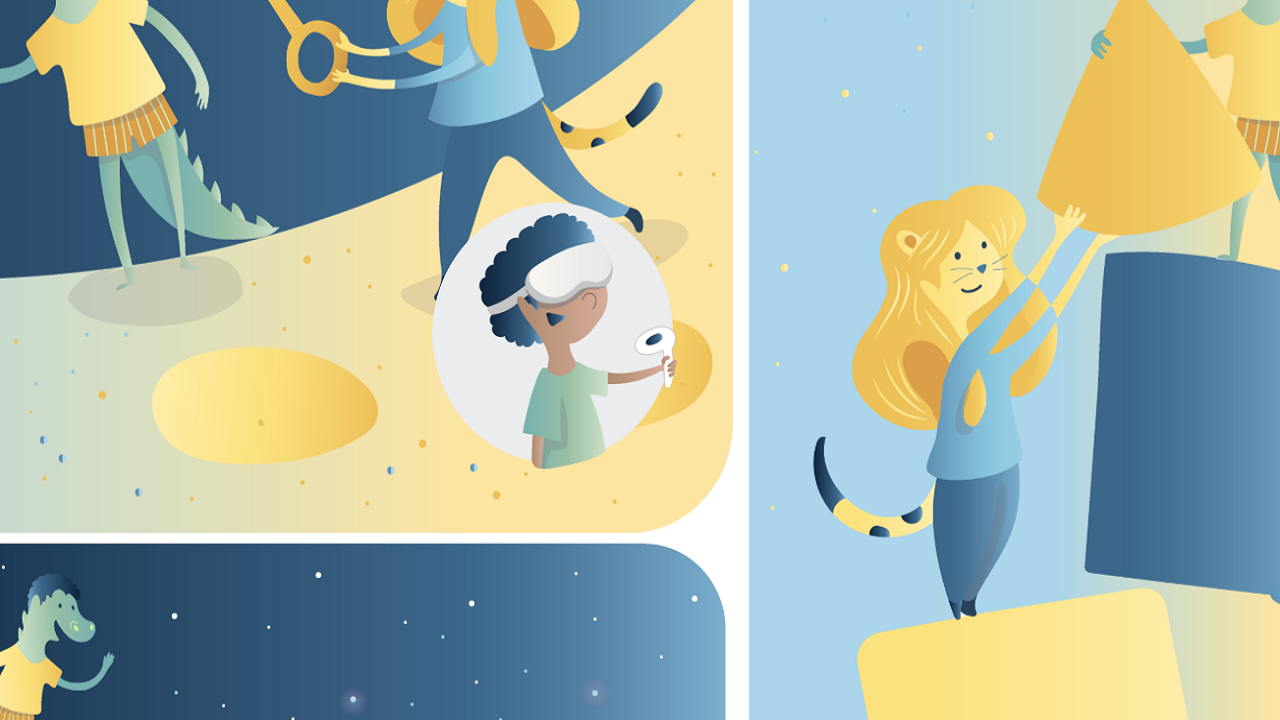





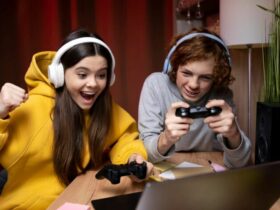
Leave a Reply
View Comments